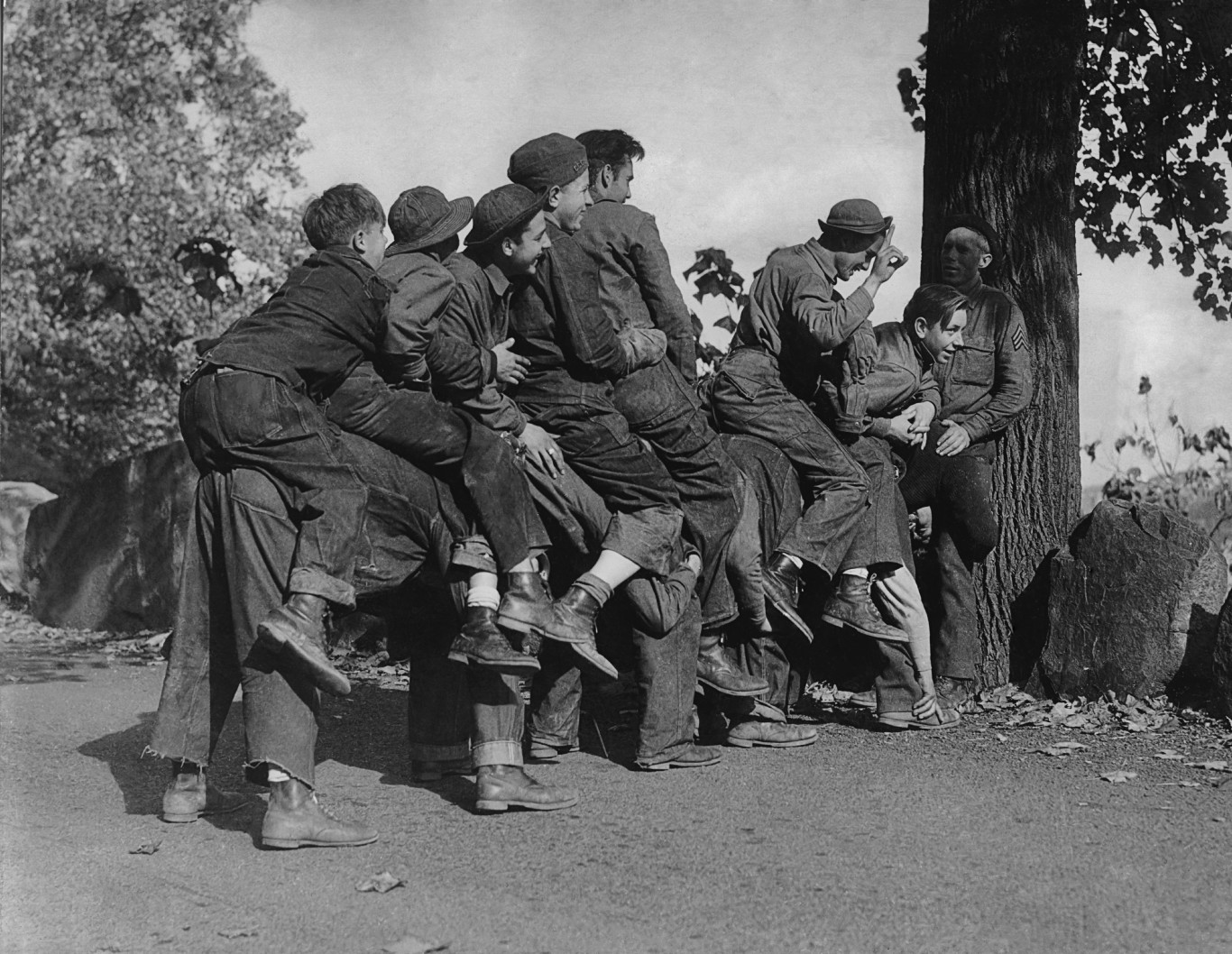The economy has started to add jobs again, at a rate of 150,00 or better each month. Government data and that from private sector experts have shown that many of the jobs added are not as good as those lost in the recession, particularly in terms of pay and benefits. This in turn has been listed as the main reason that Americans are little better off than they were several years ago, at least financially. And that negative aspect of the recovery may have gotten even more negative.
A new Gallup polls shows:
Americans continue to think it is hard to find a quality job in February, with 23% saying now is a good time to find one. But this is on par with the 25% who said the same in January, which was the highest Gallup has measured since March 2008.
“Good jobs” likely cause those who hold them to have some measure of optimism, which, in turn may help consumer spending, home buying and even savings. “Bad jobs” are likely to have opposite effects. There is no proof that either of those observations are true, but it would be difficult to make a strong case against them.
It has been said over and over that the recovery is uneven, but the unevenness may be broader than most believe. The 1% may have done fine during the downturn and may have gained much of their wealth back. The poor are still poor and unemployed at a rate nearly as bad as when the economy collapsed. In the middle, the majority of Americans remain uneasy.
Gallup believes its research tells more than one story:
Americans’ view of the chances of finding a quality job addresses a different aspect of the economy than many other measures of the job market. Even as the overall job market improves, it is possible that job growth would be concentrated in low paying, low skilled jobs — leaving little availability of what many Americans might think of as a quality job.
And:
On the other hand, it is also possible that in an economy with some areas and industries in recession while others are booming, quality jobs may be going unfilled while overall unemployment remains high nationwide.
Gallup apparently subscribes to the theory that qualified Americans cannot find jobs even though they exist. It is as if these jobs were hiding.
But they are not hiding. Americans are too anxious to find work for them to hide for very long. Job quality is poor, it is much more likely. And that bodes poorly for a recovery that consistently is led by a consumer who likes his prospects and those of his job.
Methodology: Results for this Gallup poll are based on telephone interviews conducted Feb. 7 to 10, 2013, with a random sample of 1,015 adults, aged 18 and older, living in all 50 U.S. states and the District of Columbia.
Credit Card Companies Are Doing Something Nuts
Credit card companies are at war. The biggest issuers are handing out free rewards and benefits to win the best customers.
It’s possible to find cards paying unlimited 1.5%, 2%, and even more today. That’s free money for qualified borrowers, and the type of thing that would be crazy to pass up. Those rewards can add up to thousands of dollars every year in free money, and include other benefits as well.
We’ve assembled some of the best credit cards for users today. Don’t miss these offers because they won’t be this good forever.
Flywheel Publishing has partnered with CardRatings for our coverage of credit card products. Flywheel Publishing and CardRatings may receive a commission from card issuers.
Thank you for reading! Have some feedback for us?
Contact the 24/7 Wall St. editorial team.





